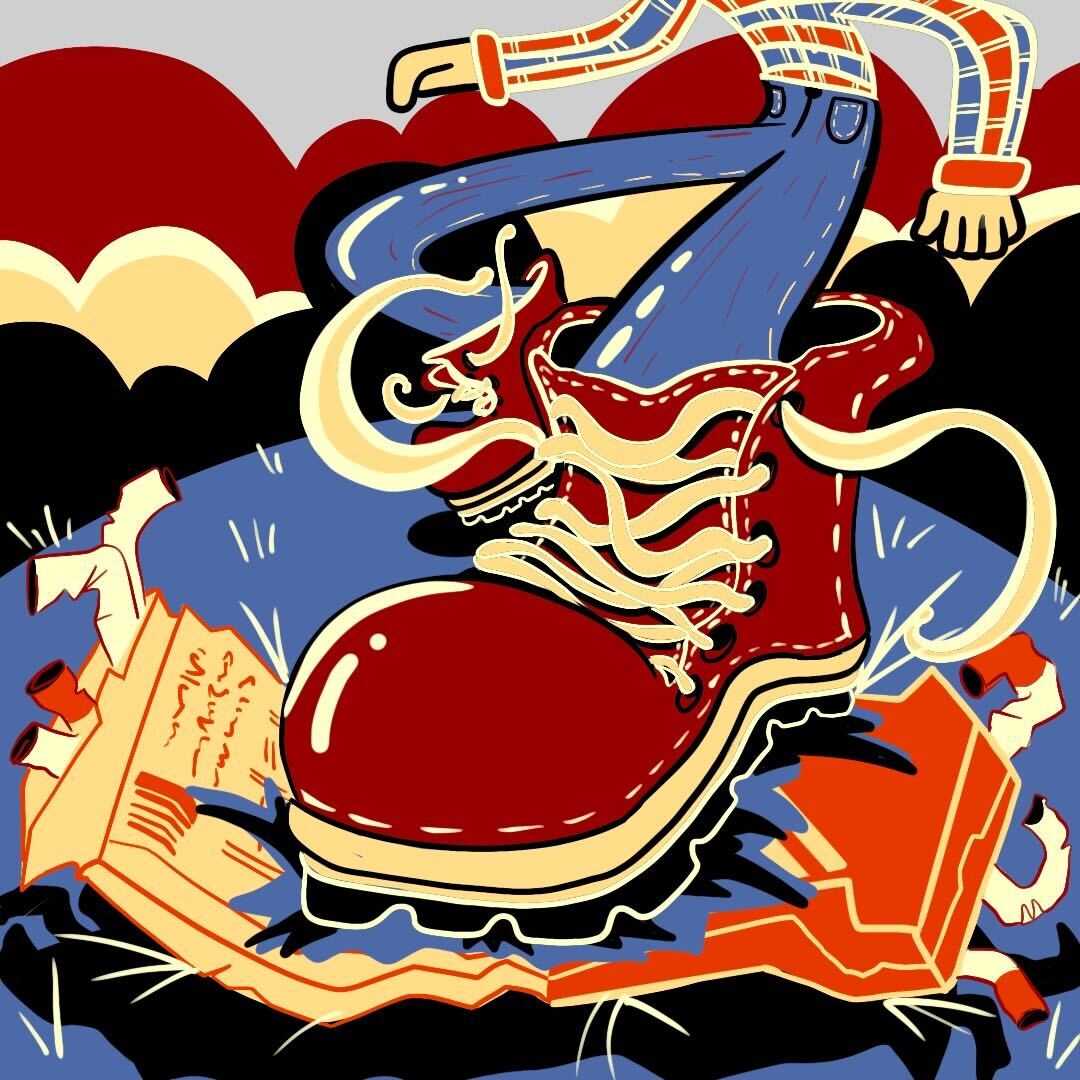Every third Thursday in November is referred to as the Great American Smokeout. It’s a day to encourage individuals to quit smoking and embrace a non-smoker lifestyle.
By the time you read this, it has now been over 275 days since I stopped smoking. So, roughly over nine months with no nicotine in sight, but sometimes smoking comes to mind.
Before I had even heard of the Great American Smokeout, I thought about stopping for years. I would think about quitting while I would spark a cigarette and watch the smoke fill everything around me except the void I felt inside.
I smoked to cope with anxiety, hoping everything would feel less overwhelming. The problem with nicotine, as a coping mechanism, is that you never stop looking for that feeling you felt the first time you smoke.
That’s how they get you — that’s where it all starts. I mean, it’s just one, right?
I thought so too. However, it stopped being what I would do for fun, and became what I did to cope with endless stress. The irony is that the toxins in cigarettes or other forms of nicotine consumption are literally physically filling your body with stress. Your body begins to fight the poison you so willingly give access to, as well as all your vital organs too: your lungs, heart, brain, blood, kidneys, liver and anything that is alive inside you.
I heard that from many former smokers, chronic smokers and everyone who loved me. I even heard it from my dentist, who I only see once a year. I mean, he sends birthday wishes every year, but why did he care?
Probably because smoking also impacts your dental hygiene and health. Yeah, my teeth used to be yellow. Not the kind that you can spot right away, but the type where if you got close enough, you’d wonder how long I’d been smoking cigarettes for.
I say all of this because although I heard it so many times, I never really listened. After age 25, your body starts to make you listen. There are side effects that show up after an extended period of time.
My teeth didn’t turn yellow until years later and I didn’t run out of breath at 21. But at 28? Those stairs were endless, and it was no longer, “It’s just one, right?”
It was on my 29th birthday that I thought to myself, what’s the most valuable gift I can give myself this year? It had to be different. It had to be something valuable that I wanted more than anything.
So, as I sat there smoking a cigarette looking at the clouds playing with the sky, I figured it out. The most valuable thing I could give myself was the power of listening, seeing and accepting that nicotine was no longer just that thing I did for fun.
After over five years of avidly smoking, I quit. I gave away all my lighters. I even crushed some cigarettes. I crushed about half a box and watched as they became nothing.
Now, quitting cold turkey is not recommended, but I had tried to quit before in the past. This time was different. I didn’t have a backup plan in case I had to smoke. That was not an option for me.
Aside from my body dealing with the consequences, I was genuinely tired of my flannels smelling like I just walked by a big open fire. So, I lit that last cigarette. I enjoyed it with no regret and found that I no longer felt empty but curious. I wondered what I would feel like weeks, months, or years in.
The first month was rough. I won’t paint it periwinkle or some other friendly color. It was the worst 31 days. I want to share this because I often reflect back to these days as inspiration to keep going. I knew I didn’t want to endure this process again. The withdrawals were most noticeable within the first week: those seven days stole sleep from me in ways that no words can express, but hadn’t nicotine already stolen much more within those several years of smoking?
Even in the first month, I noticed so many positive changes. My skin was clear again, my breath smelled clean, my eyes got that twinkle back, stairs were no longer my mortal enemy, and ironically, my anxiety was far less present.
Wasn’t the whole point of smoking to lessen anxiety? It turns out it was intensifying some of my symptoms.
According to the American Heart Association, smoking nicotine increases your heart rate and greatly impacts the entire cardiovascular system. Therefore, the relief that you feel after smoking nicotine comes from satisfying withdrawal.
So, in other words, I was too focused on avoiding withdrawal symptoms that I associated that satisfying sensation with a relief for my anxiety.
I don’t regret crushing that box. I find relief in accomplishing over 275 days without nicotine. It was never about cigarettes. It was about finding a new perspective, and I think anyone considering quitting should know that it gets better and it’s worth it. So maybe this third Thursday in November is the perfect time to start.






